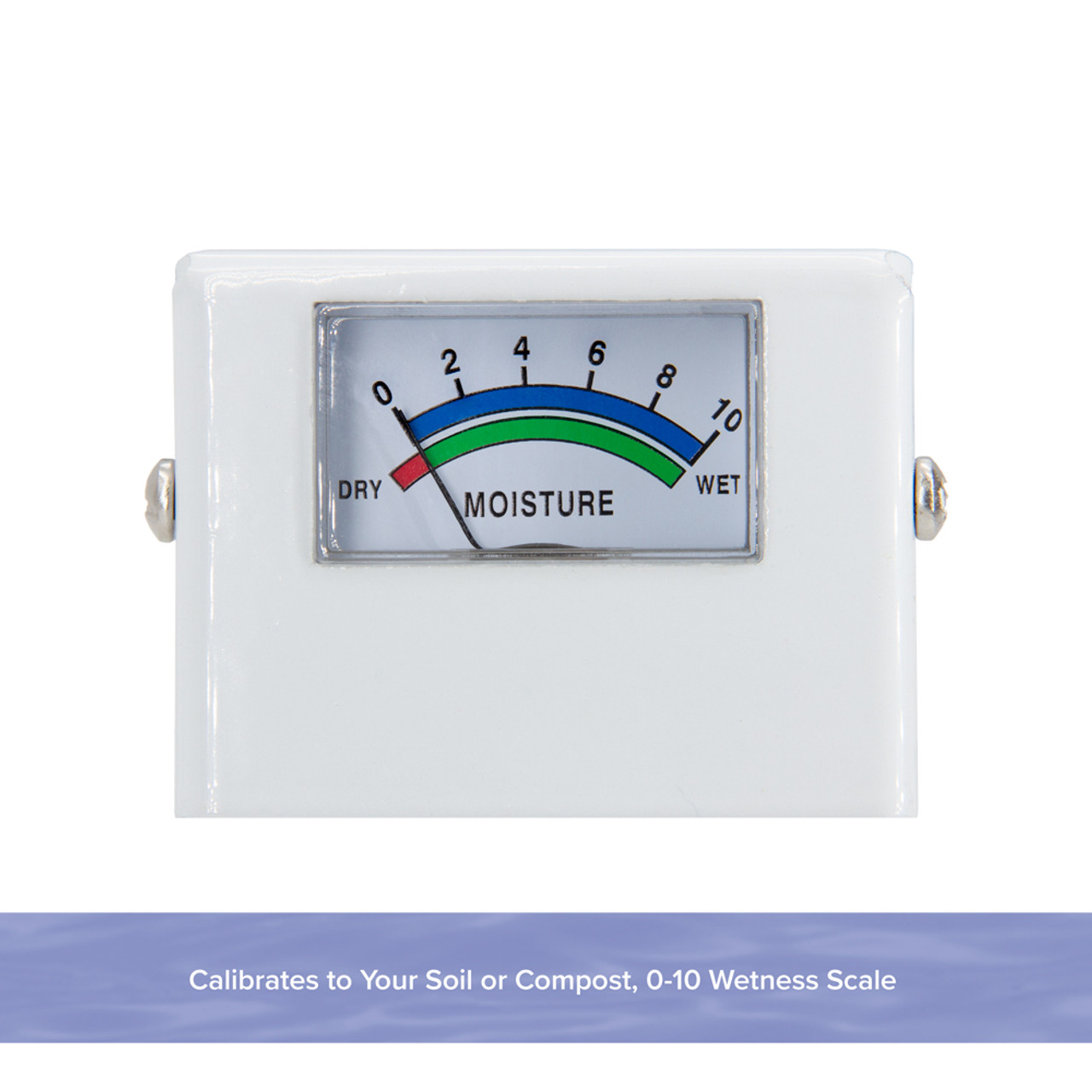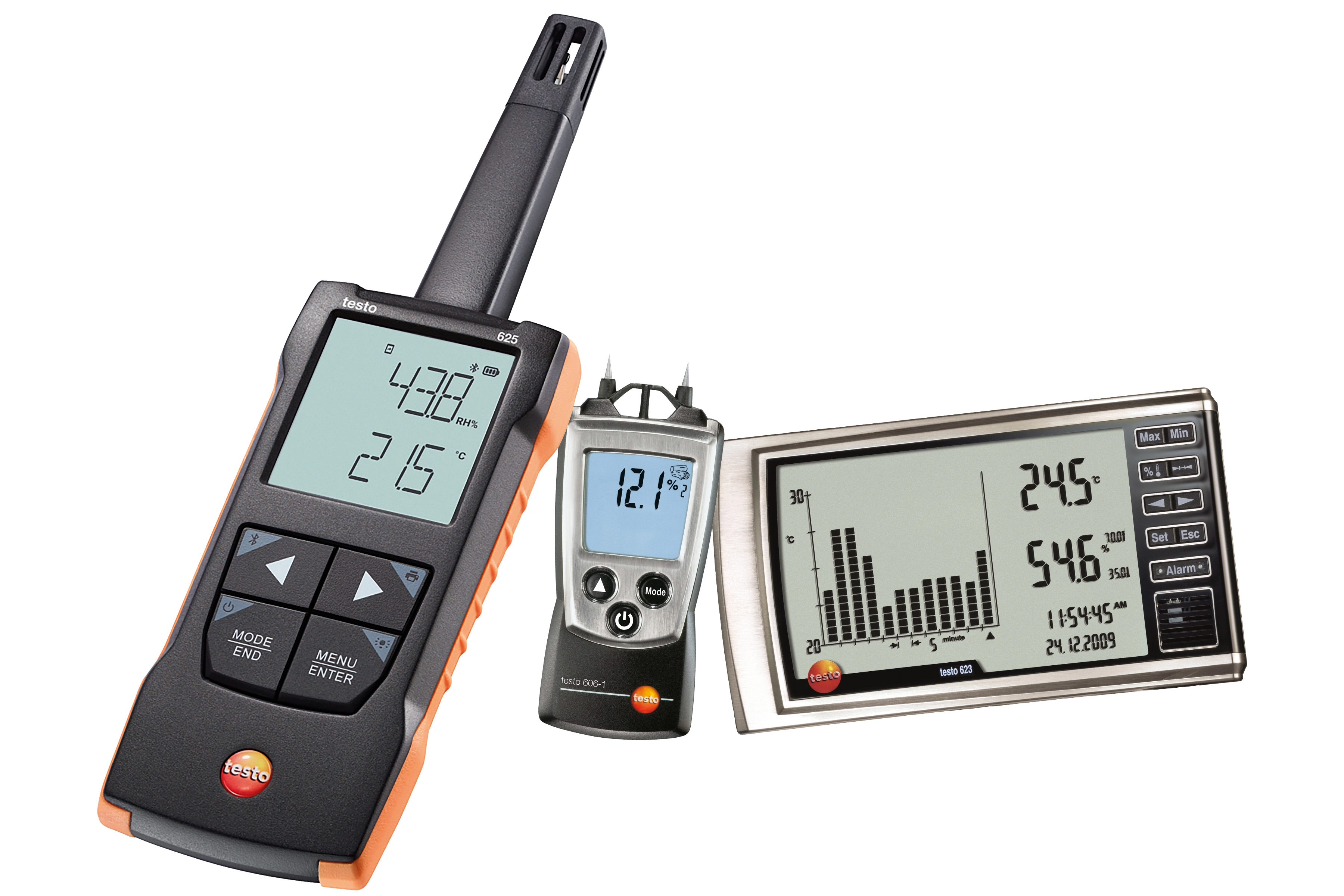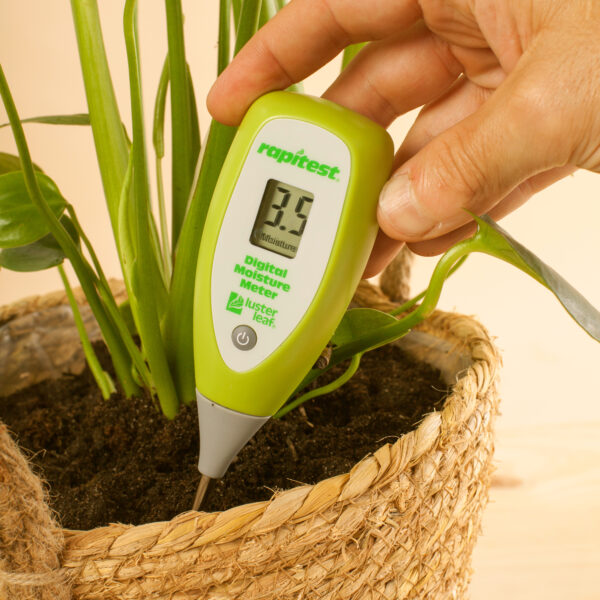The Ultimate Overview to Picking the Right Moisture Meter for Your Needs
Wiki Article
The Ultimate Guide to Moisture Meters: A Comprehensive Summary and How They Can Conserve You Cash
In the world of building maintenance, construction, and numerous sectors, the value of precisely measuring moisture degrees can not be overstated. Wetness meters act as vital devices in identifying and keeping track of moisture content in materials, aiding in preventing pricey damages and ensuring the top quality of products. Understanding the subtleties of various kinds of dampness meters, their applications, and the prospective cost-saving advantages they supply can be a game-changer for specialists and businesses alike. Finding just how these gadgets can not only improve processes but additionally contribute to economic cost savings is a journey worth embarking on.Types of Moisture Meters
Various sorts of moisture meters are readily available for different applications in numerous industries. One usual type is the pin-type dampness meter, which determines the electric resistance between 2 pins inserted into a product. This type appropriates for wood, drywall, and various other structure materials. Pinless dampness meters, on the other hand, usage electromagnetic sensor plates to check a bigger area without triggering damages to the product's surface. These meters are ideal for promptly examining moisture levels in big locations such as floors and walls.Furthermore, there are also specialized wetness meters designed for particular materials like hay, grain, or dirt. These meters offer precise wetness analyses customized to the unique residential or commercial properties of the product being evaluated. Infrared dampness meters gauge the thermal residential or commercial properties of a material to identify its wetness material non-invasively, making them valuable for applications where pin or pinless meters may not be suitable. Understanding the different types of moisture meters offered can assist markets select the most suitable tool for their certain dampness dimension requirements.

Benefits of Using Moisture Meters

Moreover, making use of moisture meters can lead to boosted power efficiency. By determining locations with high dampness degrees, such as leaks or poor insulation, modifications can be made to boost energy conservation and decrease utility expenses. In farming setups, moisture meters play a vital duty in maximizing plant yields by enabling farmers to keep track of dirt dampness degrees and make educated watering choices. On the whole, the advantages of using moisture meters span throughout different industries, providing affordable solutions and advertising far better quality assurance techniques.
Exactly How to Pick the Right Moisture Meter
Picking the suitable moisture meter involves thinking about crucial factors such as material compatibility, dimension array, and calibration precision. When selecting a moisture meter, it's important to ensure that the meter is suitable for the details product you will be screening. Different products have differing electrical residential properties that can impact moisture analyses, so selecting a meter made for your material is critical for precise outcomes. Additionally, take into consideration the measurement variety of the dampness meter. Make sure that the meter can discover moisture degrees within the variety required for your applications. Calibration accuracy is an additional important factor to remember (Moisture Meter). Go with a dampness meter with reliable calibration to guarantee exact and constant readings. Some meters may require regular calibration modifications, so understanding the calibration process is essential. By thoroughly evaluating these variables, you can pick a wetness meter that fulfills your needs and gives accurate wetness dimensions for your jobs.Proper Methods for Moisture Meter Use
To ensure exact moisture analyses and optimize the performance of a dampness meter, utilizing appropriate strategies is essential. When making use of a pin-type dampness meter, place the pins or probes right into the material being examined up until they make complete call. By following these correct techniques, individuals can depend on their wetness meter to supply credible wetness levels, assisting in avoiding costly damages or ensuring high quality in various applications.
Price Cost Savings Via Moisture Meter Applications
Exactly how can the calculated use of moisture meters lead to considerable expense savings across different industries? In the agriculture industry, wetness meters aid read here in determining the optimal time for gathering plants, protecting against over-drying or excess moisture that can impact the last item's high quality.

Additionally, in the food processing market, dampness meters are necessary for keeping track of product quality and making certain conformity with safety and security guidelines. By precisely determining wetness material in food, makers can protect against spoilage, keep quality, try here and decrease waste, causing considerable cost savings. In general, the tactical application of moisture meters is a website link beneficial investment that can cause substantial expense reductions and boosted effectiveness across different industries.
Conclusion
In final thought, dampness meters are important devices for measuring and identifying moisture degrees in numerous products. By utilizing the ideal moisture meter and complying with appropriate techniques, individuals can successfully prevent expensive problems created by excess moisture.Wetness meters offer as crucial tools in finding and keeping track of moisture material in products, helping in protecting against expensive problems and making certain the high quality of items. Infrared dampness meters gauge the thermal buildings of a product to determine its moisture content non-invasively, making them helpful for applications where pin or pinless meters might not be appropriate.Dampness meters supply invaluable advantages in accurately examining and checking dampness degrees in varied products and settings. In agricultural settings, moisture meters play a critical duty in maximizing plant returns by allowing farmers to keep an eye on soil dampness levels and make informed irrigation decisions.In conclusion, wetness meters are important devices for gauging and identifying dampness degrees in different materials.
Report this wiki page